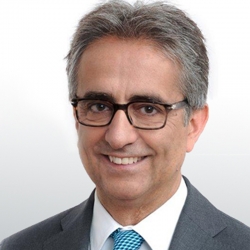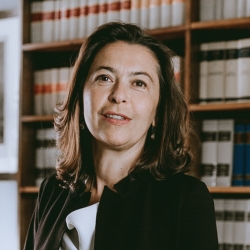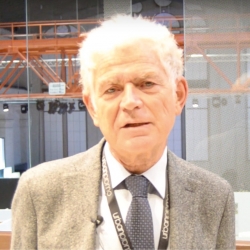


interview with Cristina Giovando – President Fondazione Sviluppo e Crescita CRT

90° anniversario INU
TRANSITION TERRITORIES OR THE TRANSITION PROJECT
Maria Chiara Tosi, Marta De Marchi, Michela Pace, Università Iuav di Venezia
Designing the transition to greater sustainability is one of the main challenges that many institutions are working on.
There are many areas in which the transition is articulated: housing, agrifood production systems in space, mobility models, production geographies, and finally the environmental transition, linked to the effects of climate change.
In the context of these initiatives aimed at facing the challenge of transition, the role of cities has only recently emerged. In several areas such as transport, health, well-being, social inclusion, pollution control, environmental management, cities have proven to be better equipped than nation…
LANDSCAPES IN TRANSITION
Vittoria Crisostomi, INU – URBIT
In extra-urban landscapes, increasingly widespread forms of natural areas devastated by man or natural processes are accumulating, then abandoned, where significant changes to the landscapes remain, which reasonably can no longer be traced back to their original forms. There is a need for planning attention to the topic, the theme of which is to establish an “after use” or “after the event” destiny not only as an active component of ecological balance but as a need for the imagination of landscapes never like before but not something yet. Interventions are needed not only in…
GOVERNANCE OF WETLANDS
Maria Chiara Tosi, Marta De Marchi, Michela Pace, Iuav University of Venice
Wetlands are vulnerable environments and their protection intertwines environmental and scientific aspects with governance problems.
Wetlands not only provide the resources upon which countless species of plants and animals depend, but they perform important environmental and economic functions. They are the main carbon stockers, they help reduce flood events, improve water quality and represent a precious cultural heritage and an important natural heritage.
Starting from these fragilities, many institutions have taken action by promoting wetland contracts, multilevel governance tools aimed at achieving global effects on coastal wetland ecosystems and…
CLIMATEPROOF URBAN PLANNING
Filippo Magni, Francesco Musco, Iuav University of Venice
Climate change has now been unanimously defined as one of the most problematic scientific and political issues of the 21st century. In the last two decades, there has been a growing interest in the role of both national and local government bodies within climate governance processes. Global experiences and industry literature have identified compelling possibilities for climate governance through experimentation with innovative urban planning processes and tools, which promise to advance the global climate response, despite international political stagnation.
With this in mind, the session aims to contribute to the debate…
THE ACTIVE ROLE OF PROTECTED AREAS FOR THE RESTARTING OF THE COUNTRY
Angioletta Voghera, Politecnico di Torino
Protected natural areas are a strategic resource for health and well-being and for overcoming the fragility of the territory, and they can also be an occasion for the Italy to restart. The conference will discuss with Federparchi and the Italian nature protected areas how the paradigms of nature conservation and sustainable design of the territory are essentials, considering the changes that have occurred with the Covid-19 emergency. Tourism, as an integrated policy for conservation and development and enhancement of the landscape, is an opportunity for the revitalization of natural parks and protected areas and…
UNIVERSITY, CITY AND TERRITORY
Carolina Giaimo, Patrizia Lombardi, Laura Fregolent, Stefano Stanghellini
The Conference develops will investigate the relationship between the University and the urban reference systems from three perspectives. The first one is internal. It concerns how a sustainable campus is planned and which models of spatial, environmental, technological and energy structure the campus can have. A second point of view is internal and investigates the synergies between universities and the urban system in terms of the ability to trigger complex processes of regeneration of urban fabrics and the creation of new economies. The third perspective is transversal and develops the University’s…